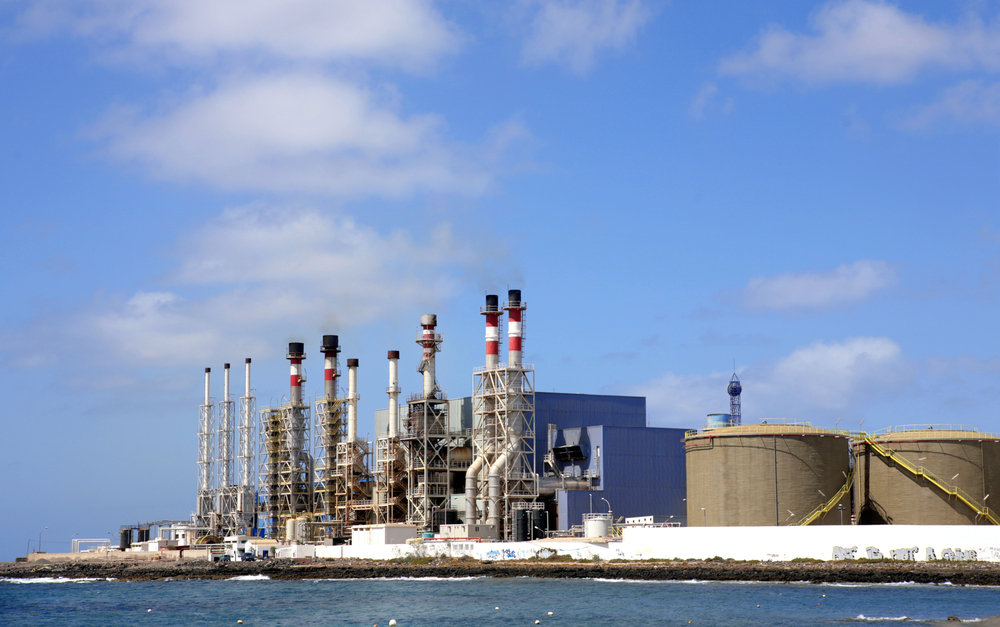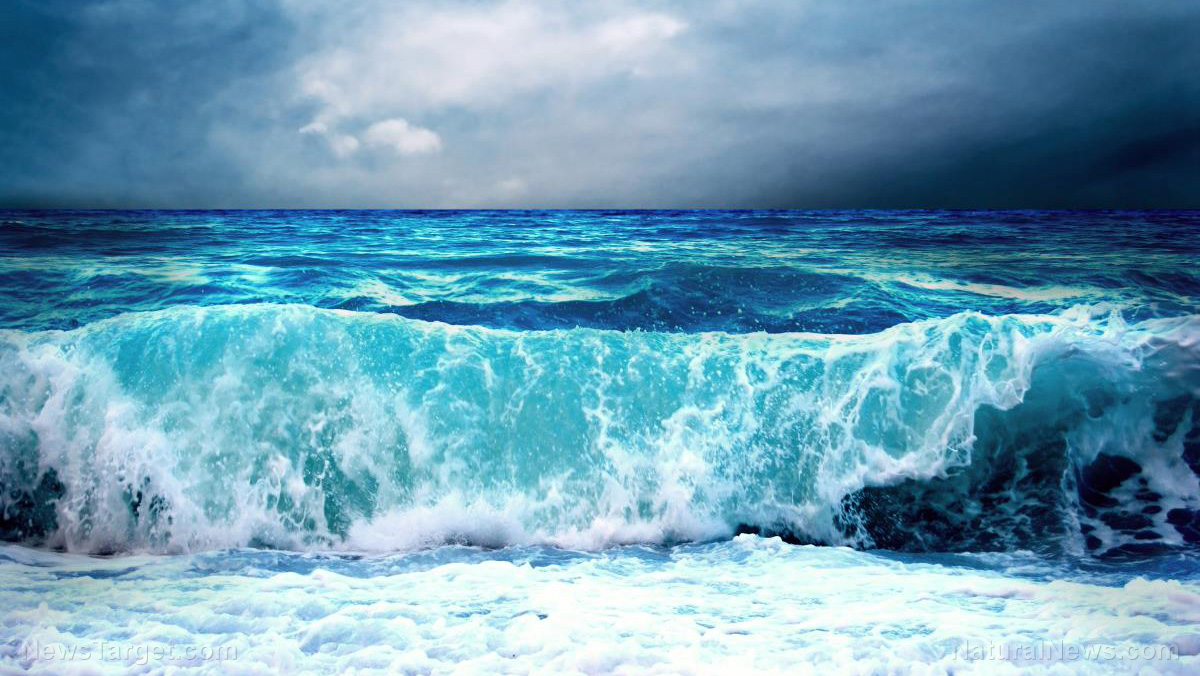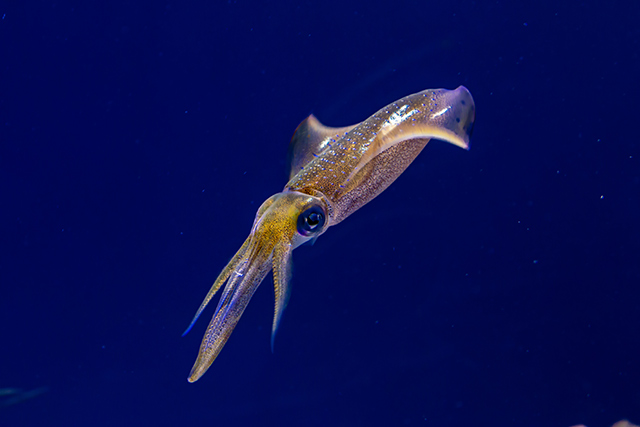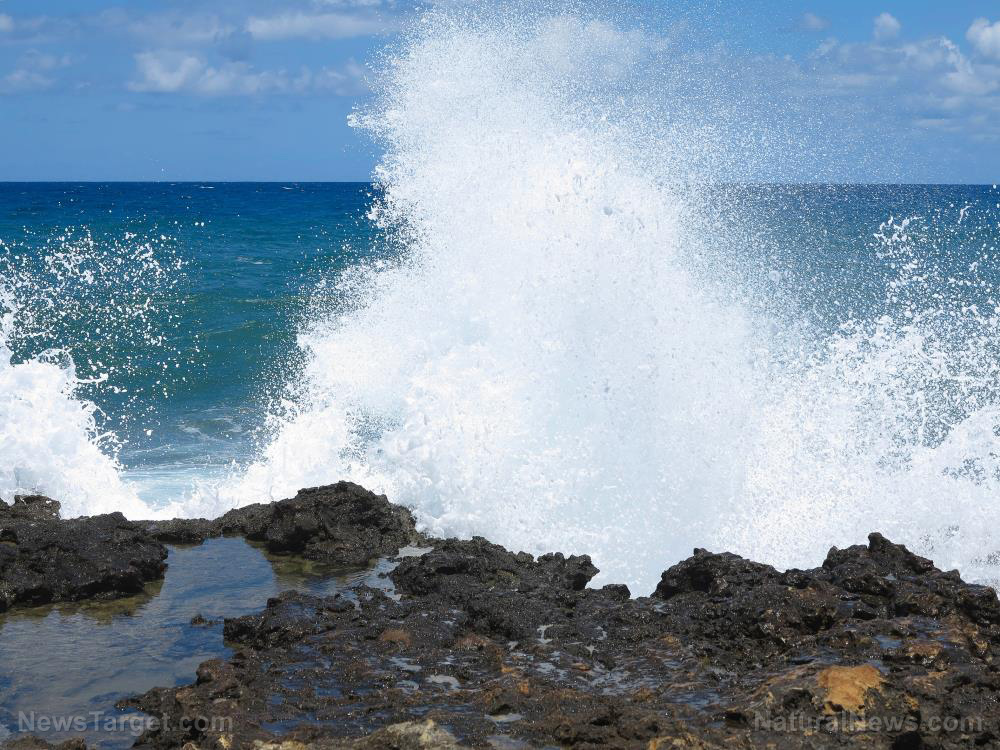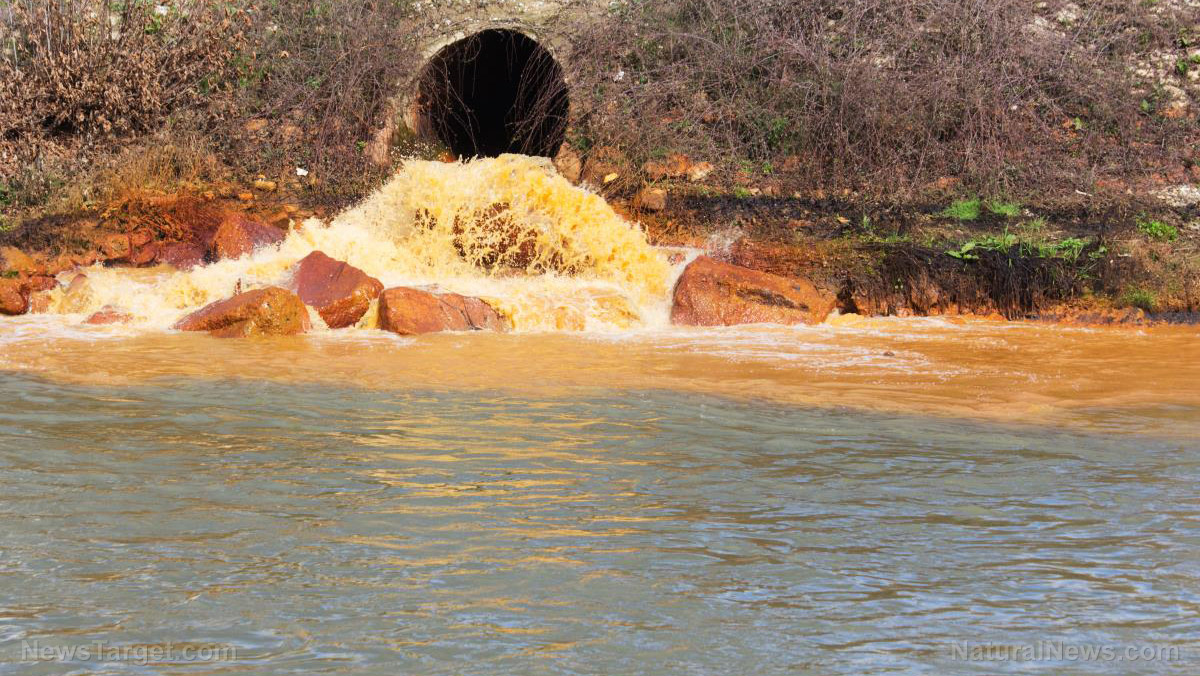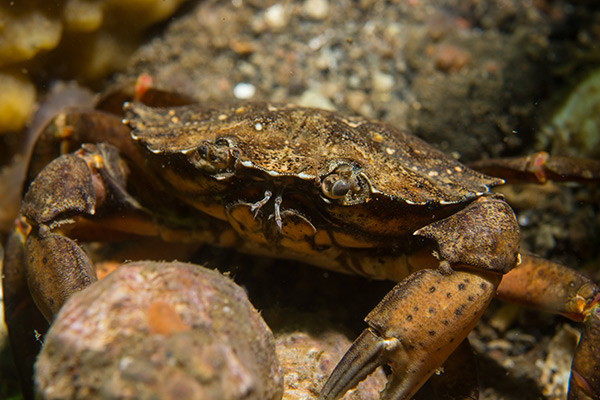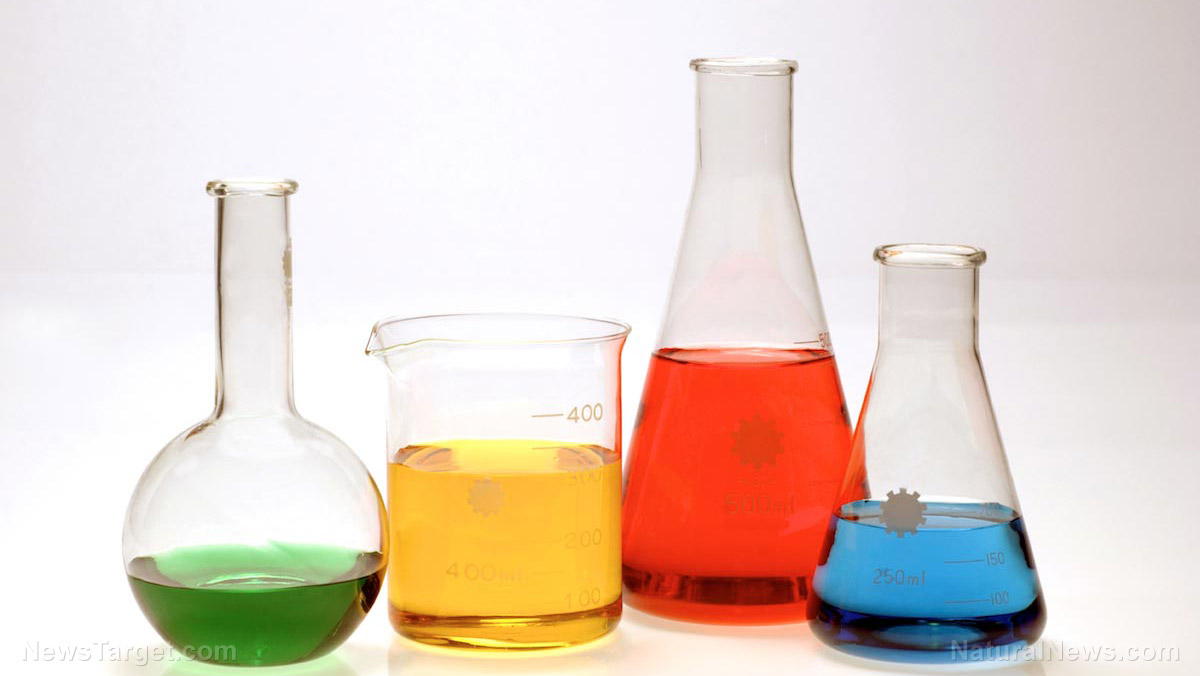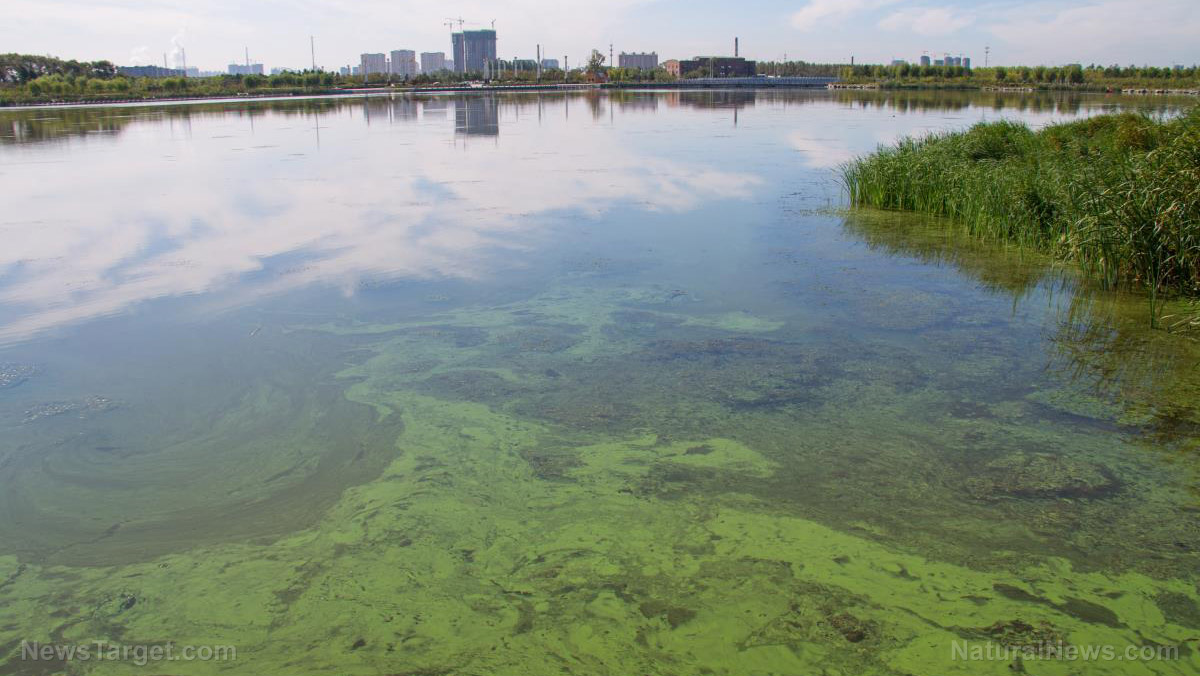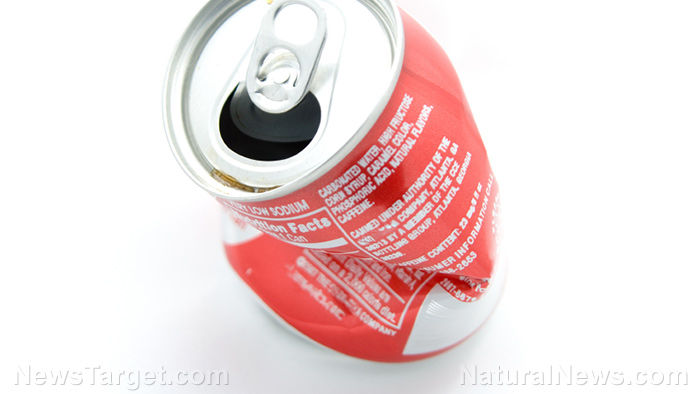Australia to phase out single-use plastics by 2025
05/05/2021 / By Divina Ramirez

Australian Prime Minister Scott Morrison launched its first National Plastics Plan last month in an attempt to curb the country’s mounting plastic pollution crisis. The plan involves banning “single-use plastics” over the next four years.
On Thursday, April 16, the country’s environmental ministers met to confirm that the ban covers eight kinds of “problematic and unnecessary” plastic waste: lightweight plastic bags, plastic bags misleadingly labeled “degradable,” straws, plastic utensils and stirrers, polystyrene food containers, polystyrene food packaging and microbeads in personal care products.
The plastic “hit list” was made to give businesses certainty because states have been enforcing differing bans on plastic waste. The list is also expected to ease consumer confusion.
Darren Kindleysides, chief executive officer (CEO) of the Australian Marine Conservation Society (AMCS), said the ban is “welcome progress” because it will help to ease the pressure on marine wildlife. Plastic pollution is now the most widespread problem affecting marine environments.
Kindleysides added that governments should take it further and implement mandatory national bans to ensure that progress in some jurisdictions continues. South Australia is leading the way, having already banned single-use plastics in the state last month.
Meanwhile, Victoria and Western Australia are planning to ban several plastic items by 2023, well ahead of the federal government’s 2025 deadline. Both Queensland and the Australian Capital Territory (ACT) have already passed laws banning single-use plastics, such as straws, stirrers, utensils, plates and bowls. These products will be banned beginning July 1 in the ACT and beginning Sept. 1 in Queensland.
Neither Tasmania nor the Northern Territory announced plans to phase out certain plastic items. As a result of the meeting, however, both jurisdictions now have commitments to see single-use plastics gone by 2025.
The ministers also agreed to support the rollout of food and garden organics waste collection services, according to a joint communique released Thursday night. They also agreed to support the harmonization of municipal waste collection, including new standards for curbside waste collection.
Moreover, the ministers discussed the role that cooperation will play in building a more climate-resilient Australia. However, they did not mention nor discuss strategies for reducing emissions. They also agreed to support the national koala monitoring program.
Plastic pollution: a pressing global problem
Australia produces approximately 2.5 million tons of plastic waste every year. More than half of this waste goes to landfills, while the rest are left to accumulate in both terrestrial and aquatic environments, where it poses an immense risk to ocean health, marine wildlife and even human health.
To put the matter into perspective, researchers have found billions of pounds of plastic debris polluting oceans. Given the current rate of global plastic production, plastic is expected to outweigh all the fish in oceans by 2050. Plastic pollution has already killed thousands of sea turtles, seals and other marine mammals.
Given the threat of plastic pollution, governments worldwide have considered banning single-use plastics since last year. In Australia, however, environmental ministers had to push back meetings to discuss a ban on plastics on the national level due to the coronavirus pandemic, which brought its own plastic problems.
In particular, the coronavirus pandemic resulted in an increase in medical waste, such as single-use face masks made from polypropylene, disposable gloves and disposable gowns. (Related: Disposable face masks, PPE contributing to worsening global plastic pollution problem, warn environmentalists.)
But with Australia now handling the pandemic well, authorities were able to revisit environmental laws and resume talks on initiatives to mitigate plastic pollution.
Pollution.news has more stories about how nations are addressing the global plastic pollution problem.
Sources include:
Submit a correction >>
Tagged Under:
animals, Australia, environment, government, marine life, Oceans, plastic ban, plastics, single-use plastics, waste management
This article may contain statements that reflect the opinion of the author
RECENT NEWS & ARTICLES
OceanHealthNews.com is a fact-based public education website published by Ocean Health News Features, LLC.
All content copyright © 2018 by Ocean Health News Features, LLC.
Contact Us with Tips or Corrections
All trademarks, registered trademarks and servicemarks mentioned on this site are the property of their respective owners.

